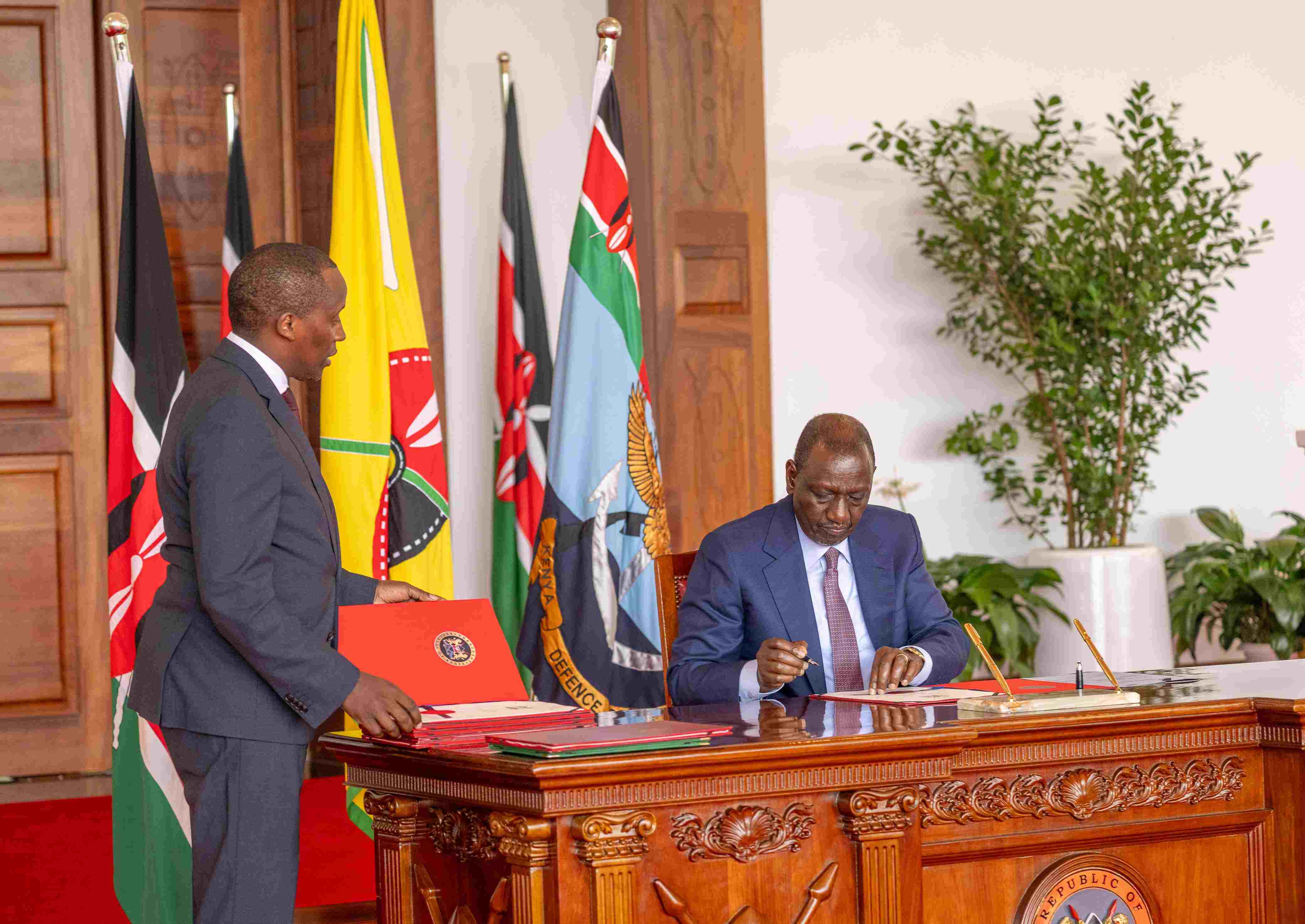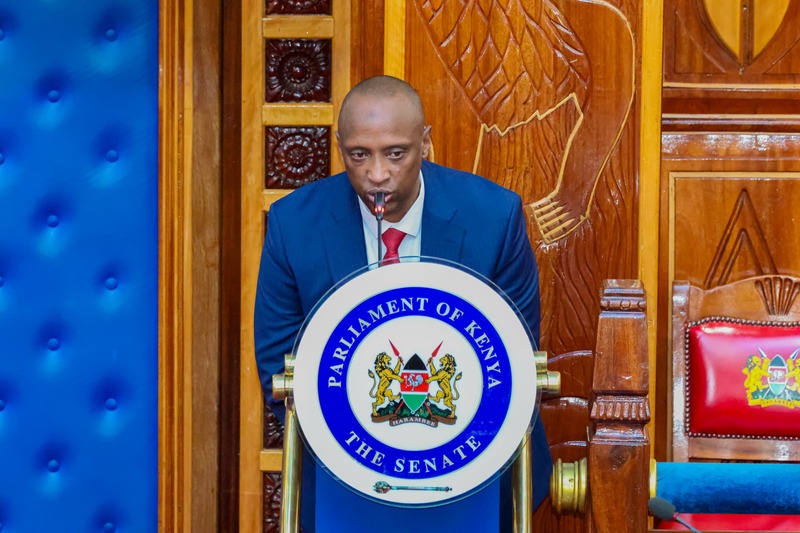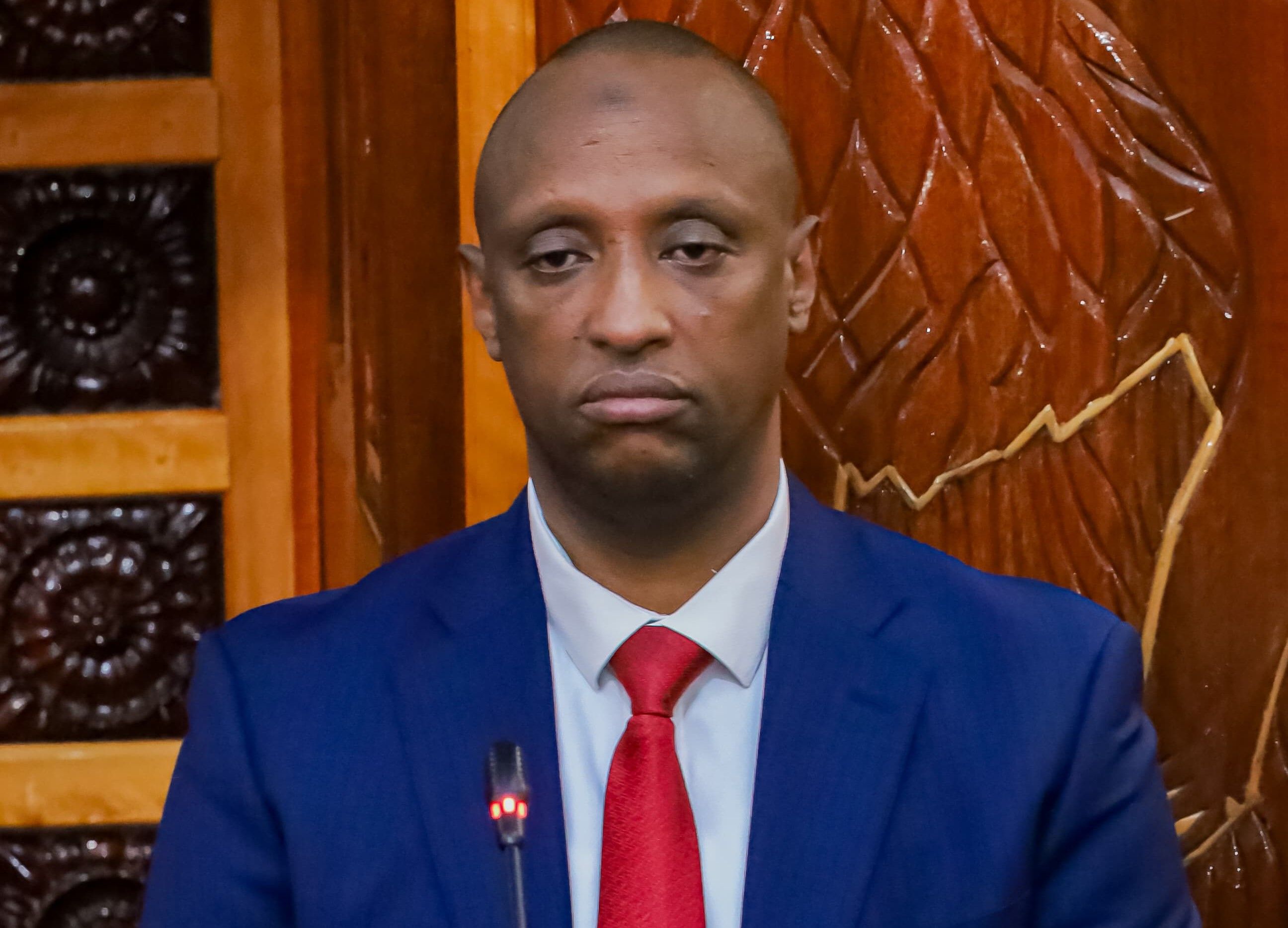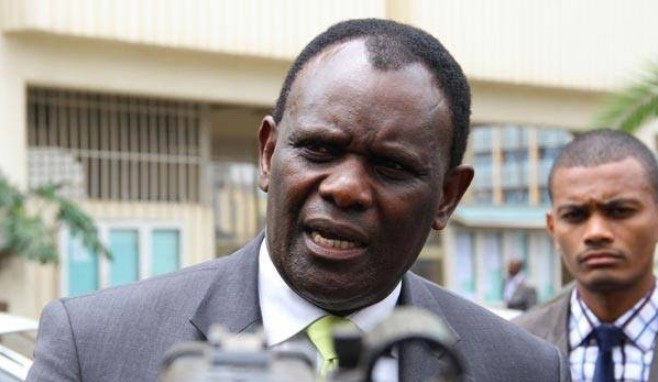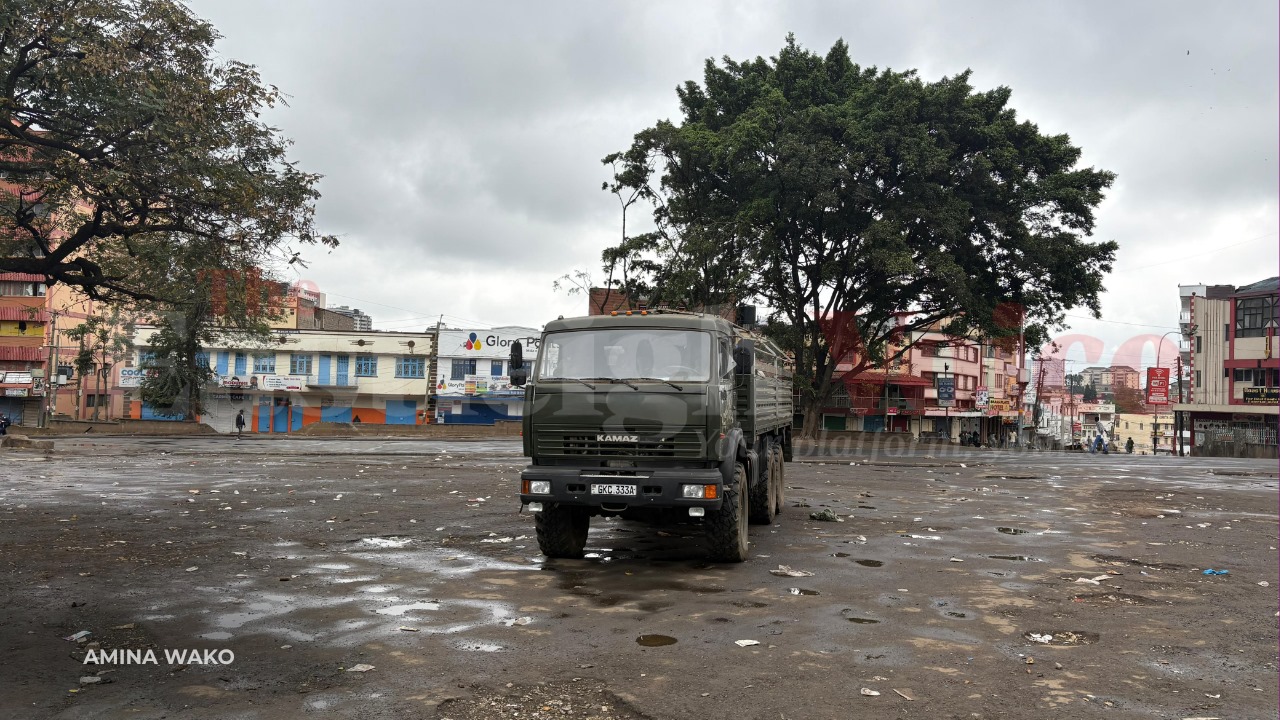Economic freeze: Nairobi loses Sh10.4 billion in single day due to Saba Saba lockdown
According to the Kenya National Bureau of Statistics, Nairobi's Gross County Product (GCP) stands at Sh3.8 trillion annually, translating to about Sh10.4 billion every day.
Nairobi on Monday woke up to a city on lockdown, roads deserted, shops shuttered, and office lights switched off as police sealed off key areas in anticipation of Saba Saba protests.
What followed was not just a day of silence, but a full-scale economic freeze that cost the capital an estimated Sh10.4 billion in lost productivity and business closures.
More To Read
- Chief Justice Koome calls for balance between protest rights, law enforcement
- Protests rock Embu as residents demand release of Manyatta MP Gitonga Mukunji
- Matatu industry reels from Sh800 million loss as Saba Saba protests halt public transport
- LSK, rights groups condemn deployment of masked police officers during Saba Saba protests
- Terror in theatre: Goons storm Kitengela Hospital, disrupt ongoing C-section
- UPA demands release of Manyatta MP Gitonga Mukunji, say his whereabouts unknown
According to the Kenya National Bureau of Statistics (KNBS), Nairobi's Gross County Product (GCP) stands at Sh3.8 trillion annually, translating to about Sh10.4 billion every day.
This amount was likely wiped out as the city came to a standstill due to heightened police presence aimed at countering planned Saba Saba protests.
The capital, known for its fast pace and constant activity from early morning, was unusually quiet.
Roads that are usually packed with traffic remained empty, major buildings stayed closed, and most businesses did not open their doors.
Instead, the streets were dotted with police vehicles and plainclothes officers on foot patrol.
Financial and insurance services, which contribute Sh885.6 billion annually to Nairobi's economy, were among the worst affected sectors.
They were followed by the real estate sector at Sh628.4 billion and transport and storage at Sh581.2 billion, all of which faced interruption due to the shutdown.
Some institutions issued public notices to explain their decision to remain closed.
“Dear customer, due to the ongoing protests, several of our branches are currently closed,” DTB Bank informed its clients. Other banks and companies also suspended services out of concern for the safety of their staff and clients.
The economic impact likely extended beyond Nairobi, affecting neighbouring counties that rely on the city for trade, logistics and essential services, although those losses are yet to be quantified.
KNBS figures also show that Nairobi contributes the highest share to the national economy, accounting for 27.5 per cent of Kenya’s gross domestic product (GDP), which currently stands at Sh16.2 trillion.
While GDP measures output at the national level, GCP reflects county-level performance.
“Nairobi City leads with a GCP per capita of Sh802,344 nearly three times the national average,” the KNBS report notes. The national average GCP per capita is Sh293,229.
Although Monday’s lockdown was temporary, the loss reveals the city’s economic vulnerability to disruptions caused by security operations and political unrest. Continued shutdowns of this scale could weigh heavily on investor confidence and general business stability.
Top Stories Today


